Pentagon chief heads to Southeast Asia to rally allies against China
US Defense Secretary Lloyd Austin is heading to Southeast Asia to “strengthen relationships” with allies as the Biden administration intensifies efforts to counter China.
Austin will become the first cabinet secretary to visit Southeast Asia this week since President Joe Biden took office six months ago.
"You'll hear me talk a lot about partnerships and the value of partnerships," the Pentagon chief told reporters Monday en route to Alaska. "My goal is to strengthen relationships," he said.
The trip, which will take Austin to Singapore, Vietnam and the Philippines, follows the first visit by US Deputy Secretary of State Wendy Sherman to China on Sunday and Monday and coincide with a trip by Secretary of State Antony Blinken to India, another important partner in US efforts to counter Beijing.
Sherman's visit to the northern city of Tianjin was the first major meeting between senior US and Chinese officials since discussions in Anchorage between the countries' top diplomats in March collapsed into mudslinging. Bilateral relations have continued to deteriorate since then.
The United States has made countering China a central theme of its national security policy for years and the Biden administration has described rivalry with Beijing as “the biggest geopolitical test” of this century.
Six months into his presidency, however, Southeast Asian countries are still looking for details of Biden's policy toward China.
In a keynote speech in Singapore on Tuesday and meetings in Vietnam and the Philippines, Austin is expected to rail against perceived Chinese aggression in the South China Sea and stress the importance of regional alliances to keep the region safe.
Experts say Austin's presence will send a signal to regional players that Southeast Asia is a vital component in Biden's efforts to counter China.
"The administration does understand that this region is critical, so that's a big part of it: Just showing up," Gregory Poling, a senior fellow for Southeast Asia at Washington's Center for Strategic and International Studies, told Reuters.
The Pentagon has completed a review of its China policy and Austin has issued an internal directive calling for several initiatives, but few details have emerged.
One area of concern is the South China Sea, where China has overlapping claims with Malaysia, Vietnam, the Philippines, Brunei and the Chinese Taipei (Taiwan). The United States frequently sends warships to the disputed waters under the pretext of freedom of navigation operations, drawing angry reactions from China.
The US has also expanded diplomatic ties with and sells weapons to the self-ruled Chinese Taipei in defiance of Beijing and internationally recognized “One China Policy.”
Analysts say Austin will need to strike a balance between highlighting the “China threat” and ensuring regional allies that the United States sees Southeast Asia as more than just a military theater.
"The emphasis from the region is yes, having the military around is good and welcome, but you need an economic strategy," an Asian diplomat told Reuters on condition of anonymity.
The election of Biden late last year had raised hopes that a new opening might emerge in US-China relations, but the new president has largely maintained the hawkish stance of his predecessor, Donald Trump.
The Biden administration is at loggerheads with Beijing over a host of issues including trade, manufacturing, technology, and cybersecurity.
Last Monday, President Biden – along with NATO, the European Union, and other allies– accused China of being behind a wide-reaching cyberespionage campaign, an allegation that was refuted by Beijing as “fabricated out of thin air.”
Why Iran’s Leader refused special protection, leading from the front until last breath
Hezbollah strikes Israeli surveillance, military base in Golan Heights, occupied lands
Iran holds funeral for tens of schoolgirls murdered in US-Israeli aggression
Iran destroys main command building, headquarters of US air base in Bahrain
US embassy in Saudi capital set ablaze after drone attack: Riyadh
Saudi Arabia, Qatar foiled Mossad bombing plots on their soil: Tucker Carlson
Iran's firm response will last as long as attacks do: Envoy
Shedding of American, Iranian blood on ‘Israel firsters’: Iran FM


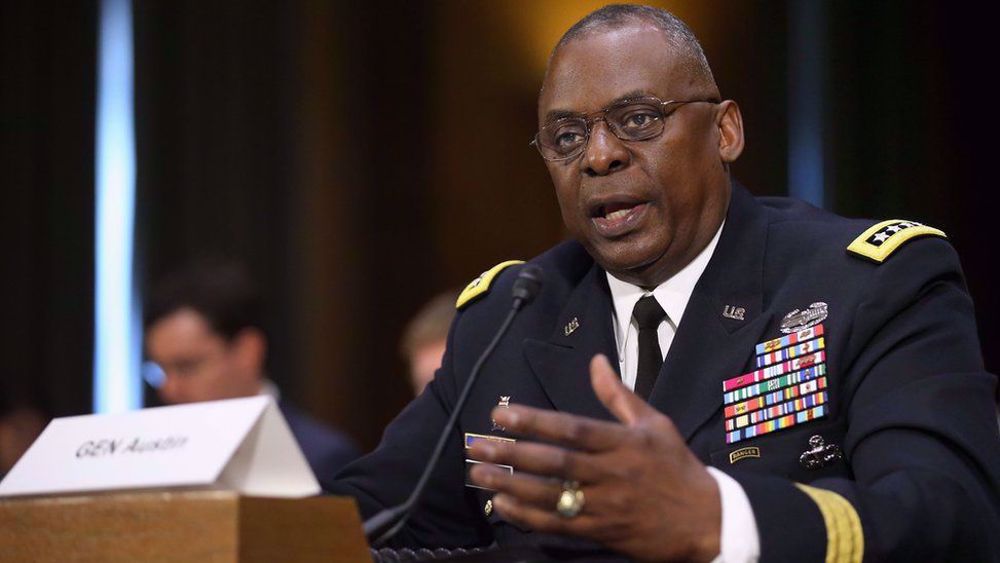
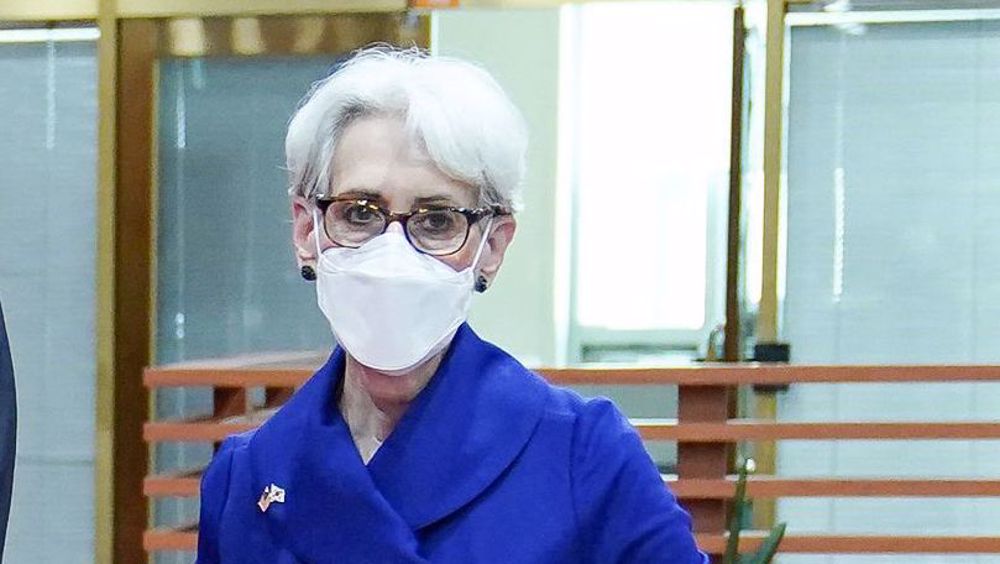

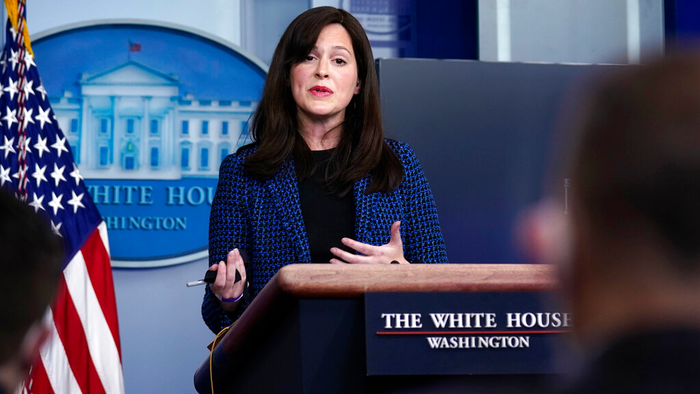

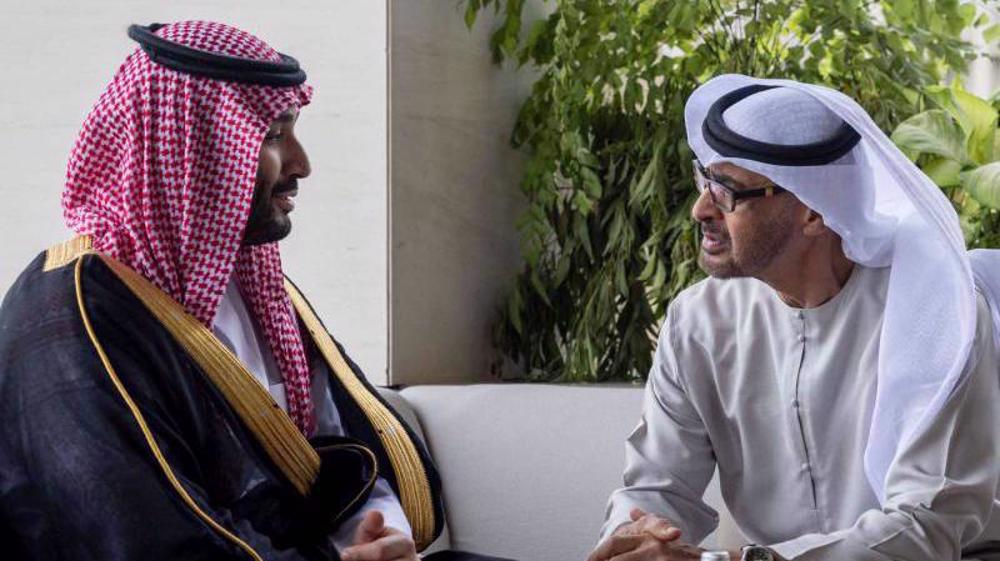
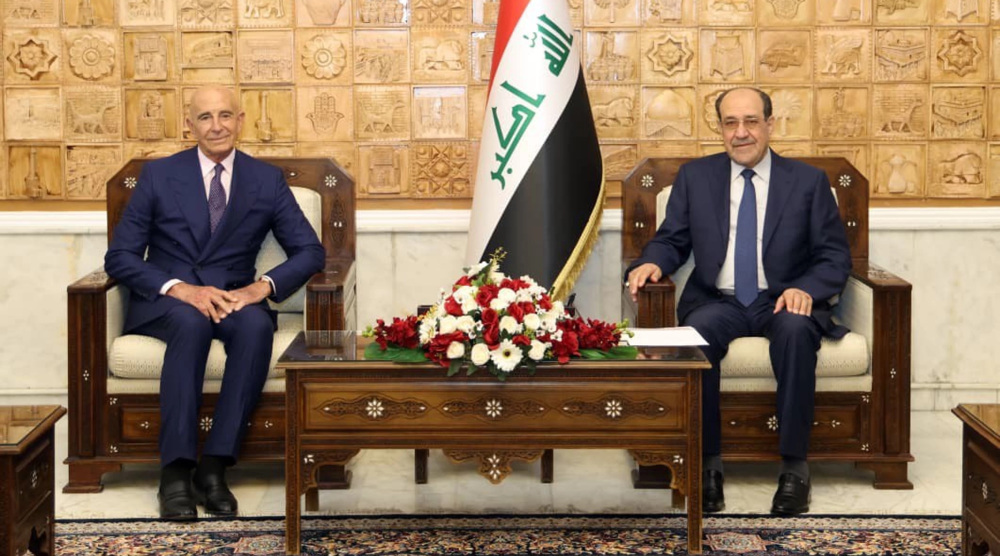



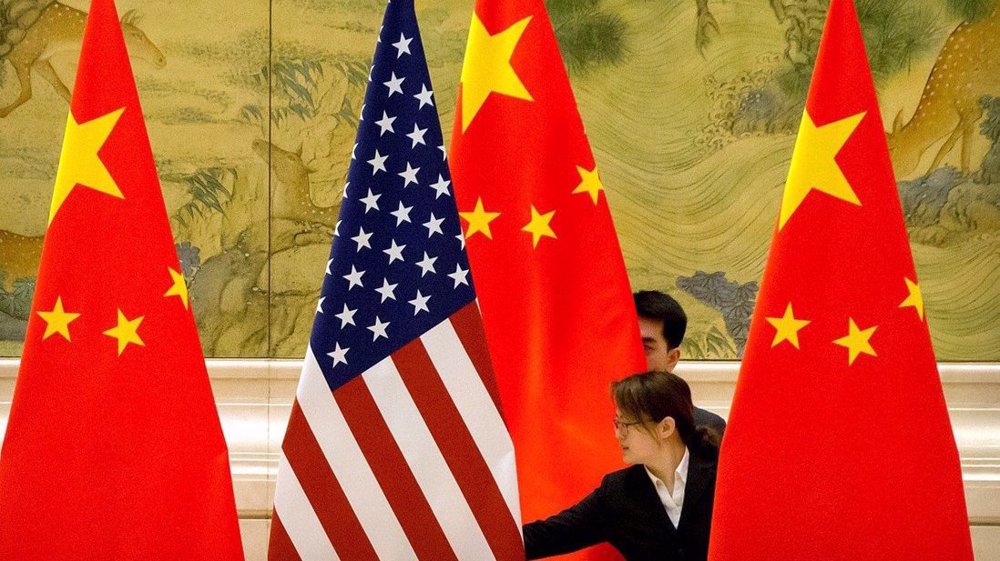


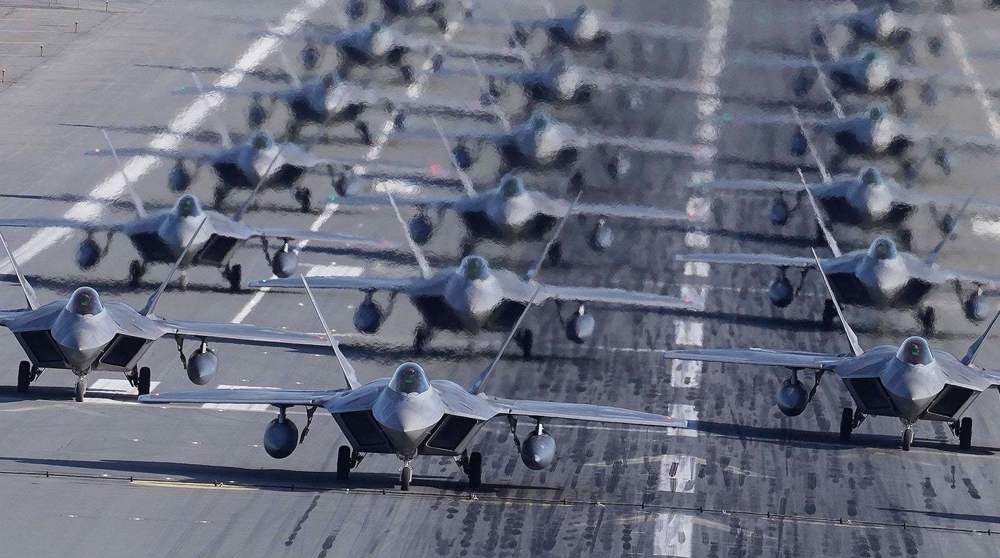


 This makes it easy to access the Press TV website
This makes it easy to access the Press TV website